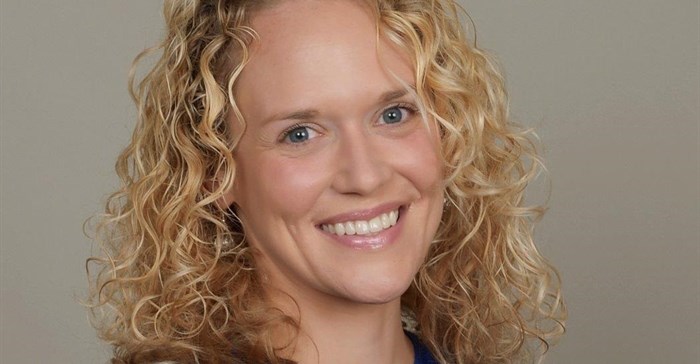
Top stories



Marketing & MediaAds are coming to AI. Does that really have to be such a bad thing?
Ilayaraja Subramanian 6 hours



More news

















The Company behind the Brand II: In Goodness We Trust examines businesses' brands and reputations from the views of consumers and senior executives. The report describes how consumers view their influence on corporate reputation, what they expect from companies today, how they gather information about companies and what they think about the role of the corporate brand. From the executive angle, it explains the benefits that strong corporate brands bestow upon their product brands, what executives see today as the drivers of company reputation and how well aligned they are with the latest consumer perspectives about company responsibility.

 What do South Africa's consumers look like and what do they seem to be expecting from companies?
What do South Africa's consumers look like and what do they seem to be expecting from companies?South Africa has a growing middle-class, affluent with millennials exercising incredible purchasing power and highly influential on brand perception. Depending on their personal brand experience, this can be a company’s greatest asset or toughest challenge.
The Company behind the Brand II: In Goodness We Trust, surveyed 100 South Africans 18 years of age and older. The survey found that nearly all South African respondents (95%) feel that they are a powerful force in influencing companies today, and rightly so: they talk with others and share information about a number of company activities, mostly customer service (76%), products/services (68%), companies as a whole (63%), how healthy or good products/services are (61%) and innovation (57%). Our research shows South African executives overwhelmingly agreeing (88%), companies need to stay fully aligned with perceptions of their reputations.
With such a watchful eye on the behaviours of companies combined with their keen ability to shape company reputations, it is not surprising that nearly two-thirds of South African consumers (63%) say they are increasingly buying from companies that listen to them and make any corresponding changes. This expectation of responsiveness expands to issues and crises that companies themselves face, as 91% say they judge companies by how they react to address problems.
 Does the research affect B2C and B2B companies alike?
Does the research affect B2C and B2B companies alike?On a global basis, we found remarkably few differences between executives in B2B and B2C companies in our study (the sample of South African executives is too small to divide them for comparative analysis and we do not have NGOs in our sample). Regardless of their direct customer target, executives recognise that consumers wield a lot of influence. For example, 92% of B2B executives and 92% of B2C executives believe that companies are influenced by consumer opinions today. Companies cannot “hide” inside the supply chain.
 Please provide three tips businesses can apply to their offering in order to serve the needs of the modern day customer.
Please provide three tips businesses can apply to their offering in order to serve the needs of the modern day customer.Using the practices of an elite segment of global companies with “world-class” reputations represented in our study, we developed several guidelines, some of which we share below:
2. If you’ve got a top-notch reputation, flaunt it. World-class companies communicate their outstanding reputations. In South Africa however, executives may be too humble, as they are not as likely to promote their company reputations as they are healthiness/goodness, safety, customer service, innovation, community contributions and charitable causes. These are all important facets of reputation to communicate, but may need to be viewed by executives as a bundle of reputation drivers to tout in the marketplace given the watchful eyes of consumers today.
3. Reputation risk needs to be a board priority. Boards of world-class companies are by far the most likely to make reputation risk a “very” important issue. These companies know that their reputation is a financial asset, competitive edge and responsibility to protect. Most South African executives (64%) report that reputation risk has become a very important issue to their own boards. With this knowledge, all should be working to ensure their companies are well-prepared with a plan to respond to any reputational threats. How do you see this trend progressing in future?
How do you see this trend progressing in future?A new era of “populism” sweeping the globe means that more than ever companies need to be vigilantly attuned to consumer sentiment. Weber Shandwick has identified that the drivers of reputation, in the form of what consumers are talking about and sharing, and how companies behave are clearly important to South African consumers. Accordingly, how companies respond to those consumers is critical.
Weber Shandwick plans to expand the study in a number of geographies across the African region.
Read the full report here and find more of our coverage on the report here.